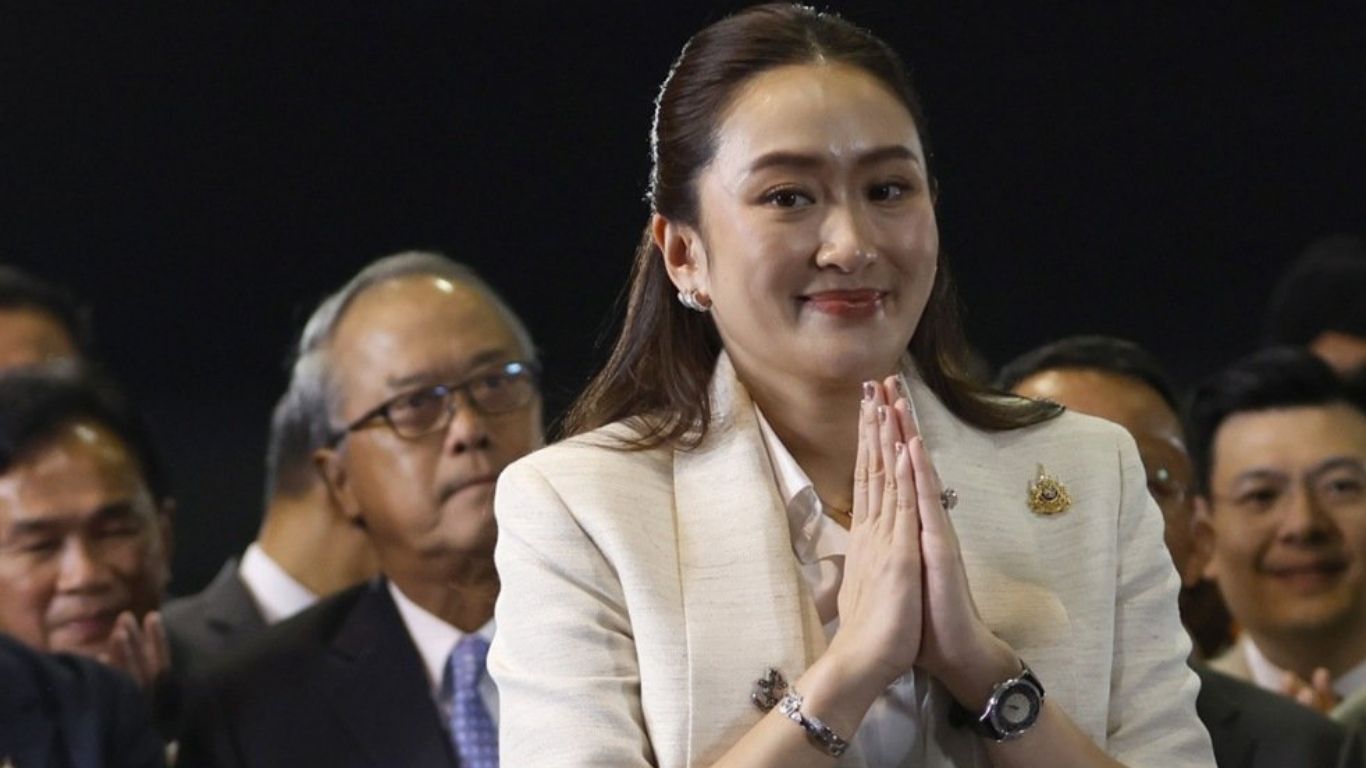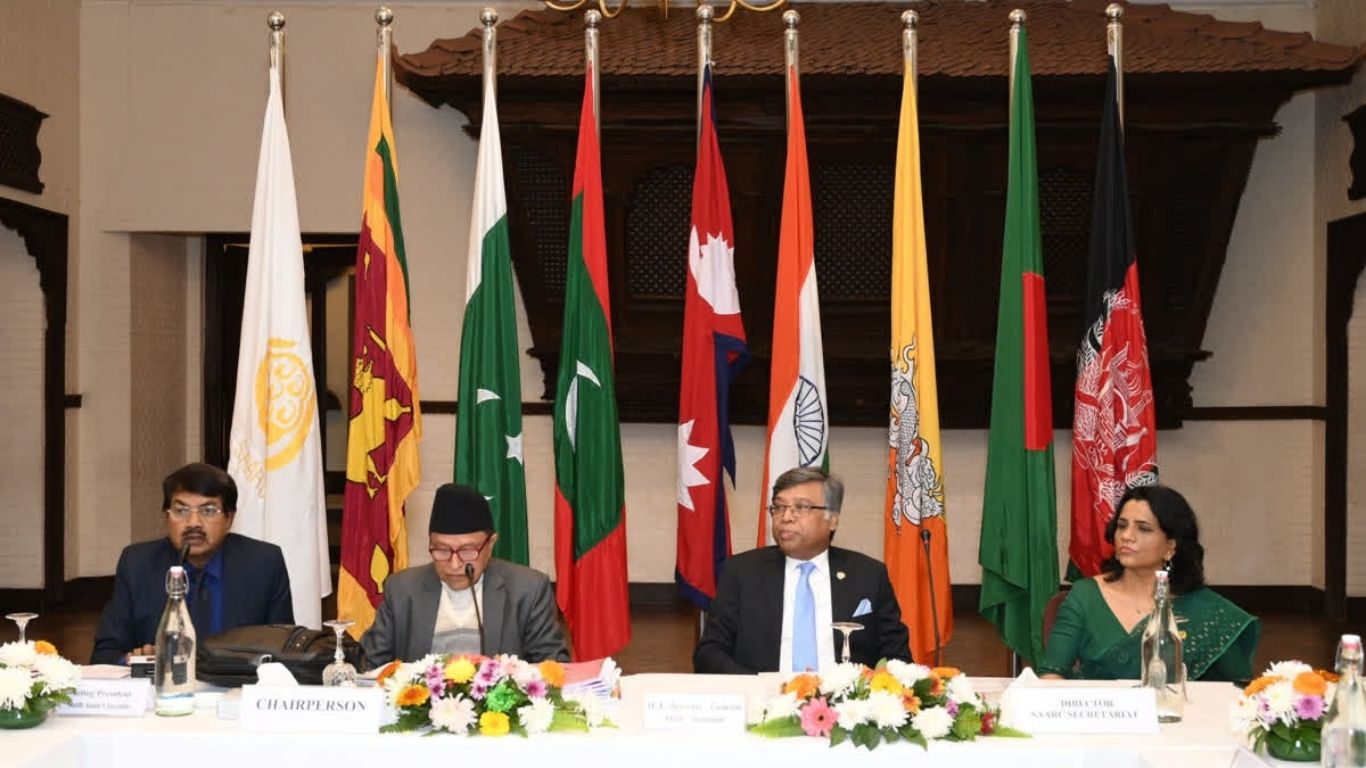Donald Trump’s return to the White House in 2025 has transformed U.S. foreign policy into a whirlwind of unpredictability. His announcement of a ceasefire between Israel and Iran in June 2025, dubbed the “12-Day War,” caught even his top advisors off guard, a stark example of his solo governing style. Unlike traditional U.S. diplomacy, which leans on inter-agency coordination and alliances, Trump’s approach thrives on drama and personal flair, often sidelining national interests for headlines.
This isn’t new. From suspending foreign aid to floating ideas like “redeveloping Gaza,” Trump’s decisions often bypass expert input, leaving allies and adversaries guessing whether his words reflect policy or whim. His own Cabinet scrambles to keep up, as seen when he contradicted his team’s denial of regime-change plans in Iran. The result? A foreign policy that feels less like statecraft and more like a reality TV cliffhanger.
“Trump’s running the show like it’s ‘The Apprentice,’ but the stakes are global,” a former State Department official sighed.
Middle East Meddling and Missed Credits
Trump’s Middle East moves epitomize his theatrical approach. He greenlit Israel’s preemptive strikes on Iran’s nuclear sites, followed by U.S. airstrikes on facilities monitored by the International Atomic Energy Agency under Iran’s Non-Proliferation Treaty obligations. After declaring victory, he hailed a U.S.-brokered ceasefire, conveniently downplaying Qatar’s pivotal role. Sheikh Tamim bin Hamad Al Thani’s quiet negotiations secured the truce, yet Trump took the spotlight, framing it as his triumph.
His claim to have orchestrated an India-Pakistan ceasefire after a deadly April 2025 Kashmir attack—where 26 non-Muslims were killed—tells a similar story. India insists bilateral talks via a military hotline, not Trump, sealed the deal. Undeterred, Trump’s pushed for a Nobel Peace Prize, boasting, “They should give me the Nobel for Rwanda, Congo, or the big one—India and Pakistan”. The irony? Past Nobel laureates like Henry Kissinger, who oversaw Cambodia’s bombing, or Barack Obama, linked to Libya’s collapse, suggest militarists aren’t disqualified.
“Trump’s chasing Nobel glory while stepping on Qatar’s toes,” a Gulf analyst quipped, shaking his head.
Personal Gain Over National Interest
The line between Trump’s foreign policy and personal interests is blurry at best. His family’s cryptocurrency ventures, notably World Liberty Financial, founded by Trump and his sons before the 2024 election, have raised eyebrows. Pakistan, reeling from the Kashmir attack, signed a major investment deal with the firm days before Trump helped shield it from India’s wrath. Suddenly, Trump’s declaring, “I love Pakistan,” a nation long criticized for harboring terrorists like Osama bin Laden.
This isn’t isolated. Trump’s wealth has surged through crypto deals in the past six months, fueling speculation that business interests shape his diplomacy. His impulsive style—bypassing intelligence briefings and posting policy shifts on Truth Social—forces U.S. officials to play catch-up, while allies struggle to parse what’s real. Foreign leaders, from Paris to Beijing, are left deciphering whether the next move comes from the Situation Room or a late-night tweet.
“Trump’s foreign policy is half strategy, half side hustle,” a European diplomat muttered, scrolling through Truth Social.
The Cost of Chaos
Trump’s one-man show carries steep risks. His erratic decisions—like bombing Iran then pivoting to peace talks—undermine U.S. credibility, leaving allies like NATO members unsure of America’s commitments. Adversaries, like Iran, exploit the confusion, as seen when Tehran targeted U.S. bases post-strikes, knowing Trump’s team was misaligned.
Domestically, his administration’s disarray breeds inefficiency. National security advisors, often blindsided, struggle to align with Trump’s whims, as seen in the Gaza redevelopment flap, which lacked Pentagon or State Department backing. Globally, the spectacle weakens the rules-based order America once championed. By sidelining Qatar’s role or inflating his India-Pakistan mediation, Trump risks alienating partners who value coordination over chaos.
The bigger danger? Strategic miscalculation. Trump’s off-the-cuff style, like floating Iran regime change against his team’s advice, invites escalation—potentially catastrophic in a nuclear-armed region. His crypto-tinged Pakistan pivot raises questions about whether U.S. policy serves the nation or the Trump brand, eroding trust at a time when stability demands clarity.
“Trump’s turned diplomacy into a reality show, but the cliffhangers could cost us dearly,” a former CIA analyst warned, lighting a cigarette.
U.S. foreign policy under Trump is less a coherent doctrine than a series of stunts, each crafted for maximum visibility. While his base cheers the bravado, the world sees a superpower adrift, its credibility fraying with every impulsive post. The stage is Trump’s, but the audience—allies, adversaries, and history—may not applaud the performance.



